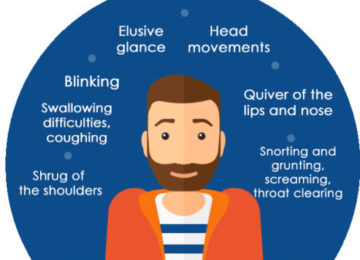Advisory committee
The Association is proud to be supported by an advisory committee composed of highly qualified professionals specialising in areas linked to TS and their research.
If you’re looking for answers that you cannot find here, do not hesitate to write to us and we will do our best to identify the best way to answer.
You are welcome to visit other areas of interest on this site that could also be helpful.












